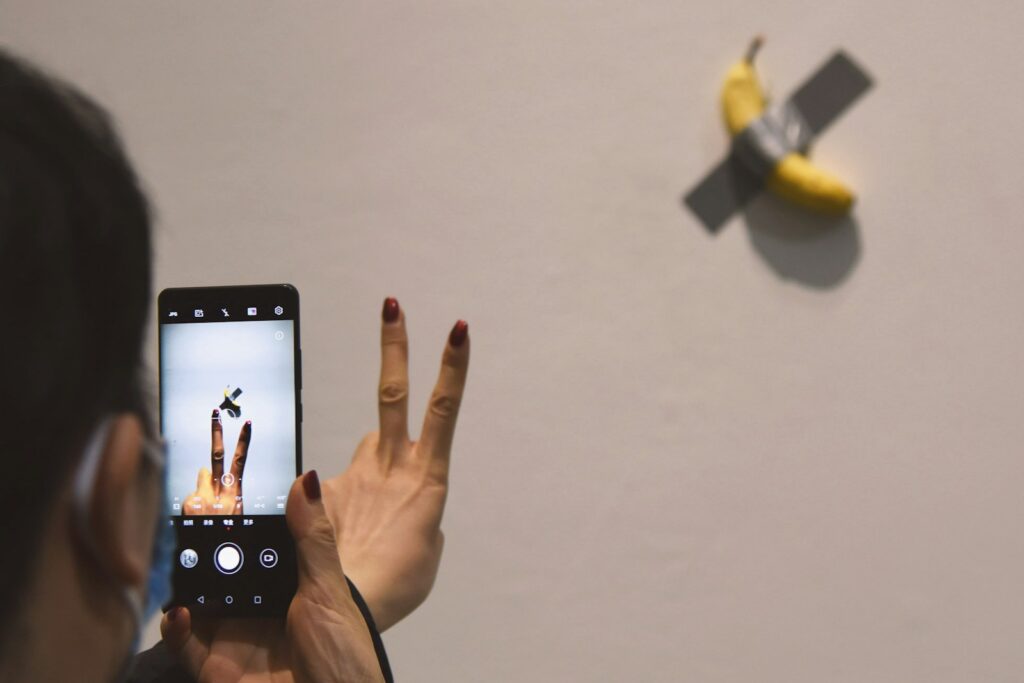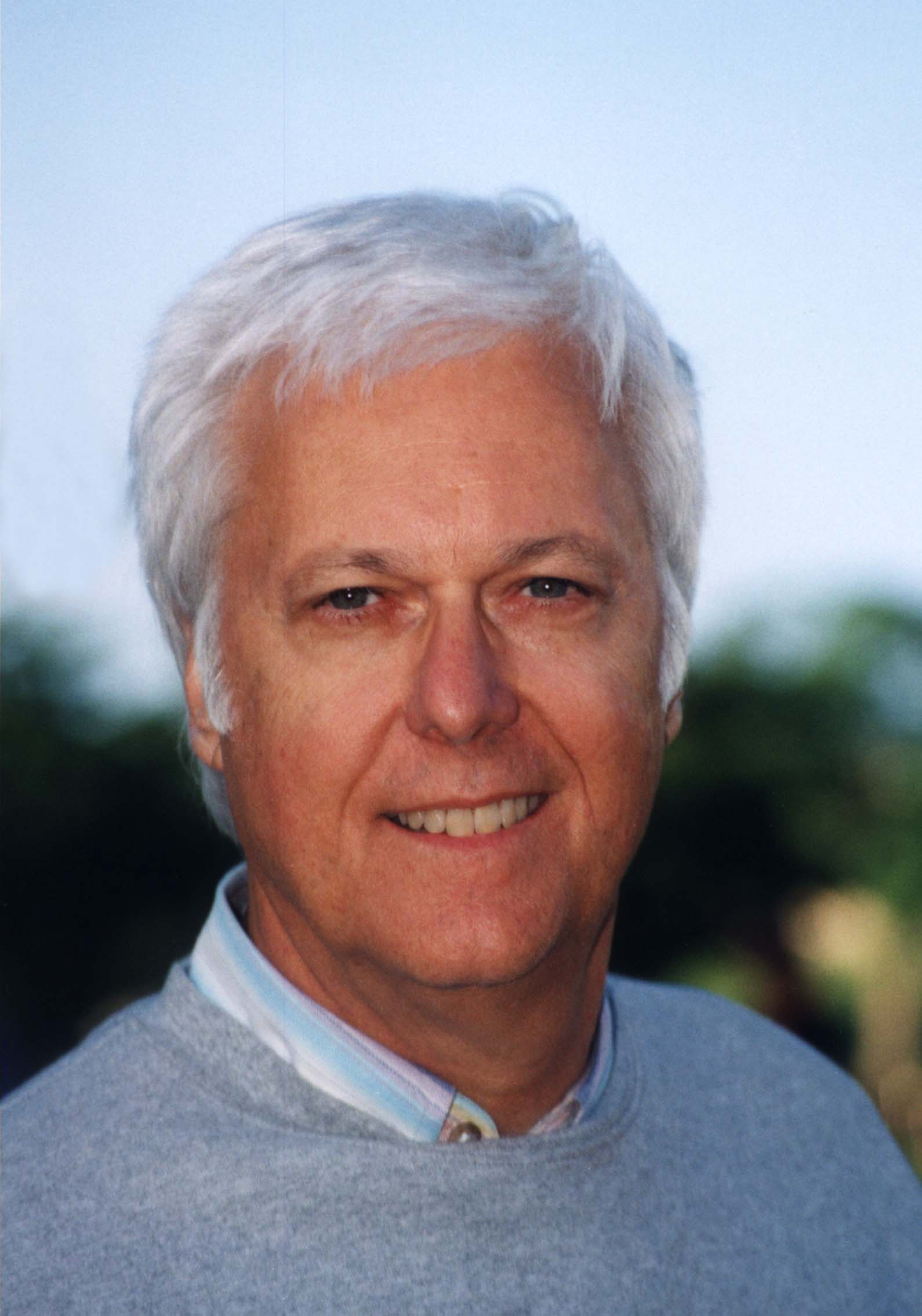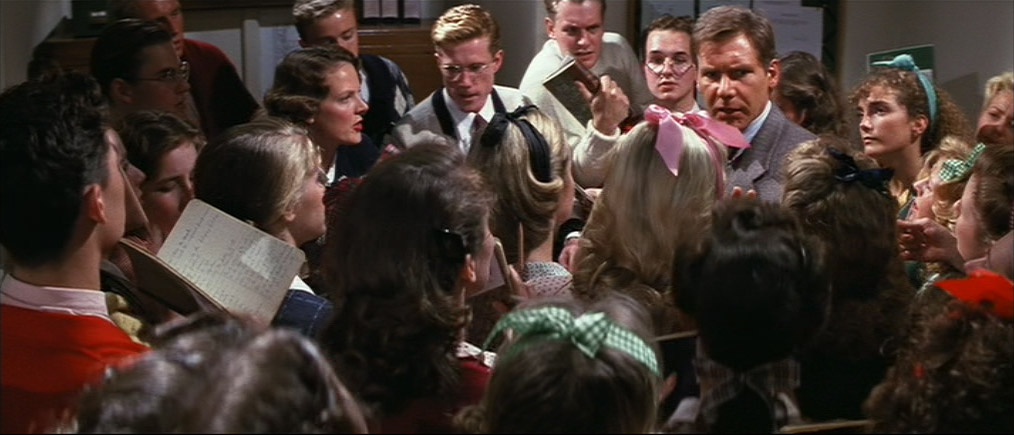Stand-up comedy. It’s a world of raw nerves, electric energy, and the constant pursuit of that perfect laugh. We see our favorite comedians lighting up stages, effortlessly commanding rooms with their wit and observations. But what happens when the spotlight dims, and these masters of mirth decide to step away from the mic? It’s a question that often leaves fans scratching their heads, wondering why someone at the peak of their comedic powers would choose a different path.
Sometimes, the reasons are deeply personal, driven by a search for new meaning or a desire to escape the relentless grind. Other times, broader cultural shifts or unexpected life events nudge them in a new direction. The journey of a comedian is rarely a straight line, and the decision to quit stand-up, even temporarily, is often far more complex than it appears on the surface. It’s not always about losing the spark; sometimes, it’s about finding a different kind of fire.
Join us as we pull back the curtain on some of the most surprising and secret reasons why a remarkable roster of comedians decided to bid farewell to the stand-up stage. From navigating the treacherous waters of “cancel culture” to answering the call of motivational speaking or even venturing into entirely new careers, these stories offer a fascinating glimpse into the lives beyond the punchline. Get ready to dive into the untold tales behind these mic drops!
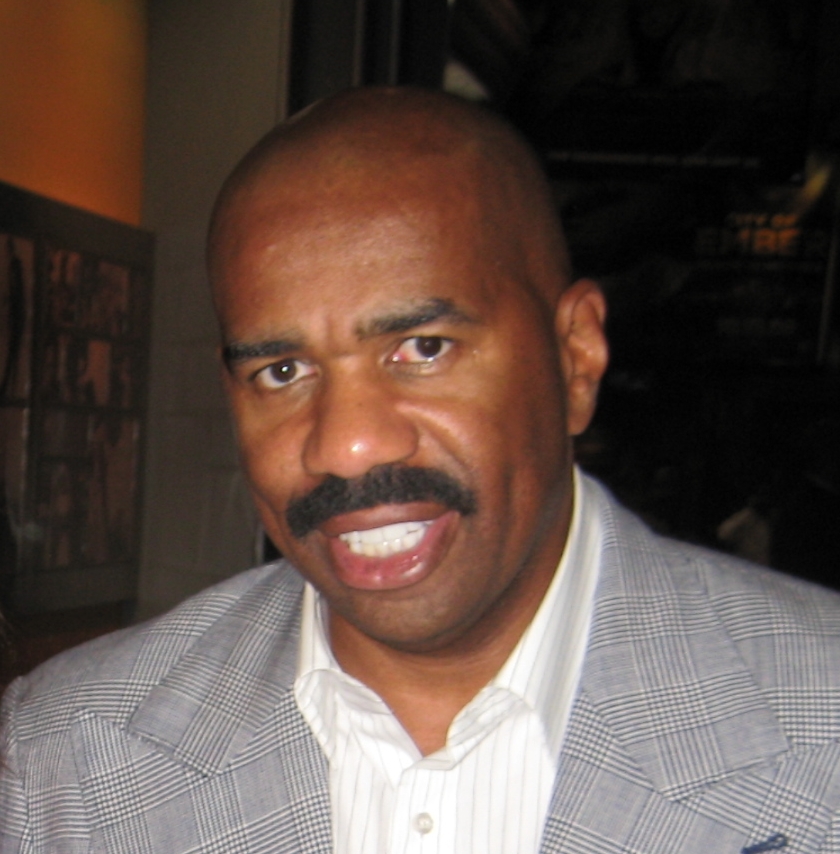
1. **Steve Harvey: The Cancel Culture Conundrum**Steve Harvey, a name synonymous with television hosting and undeniable charm, has openly stated his departure from traditional stand-up comedy due to the pervasive influence of “cancel culture.” He’s made it clear that the current climate makes it incredibly challenging for comedians, especially those with lucrative sponsorship deals, to speak freely without fear of reprisal. It’s a tough tightrope walk where one wrong joke could mean the end of a career built over decades.
Harvey explained his stance by saying, “The only way I can do one more special, is that it would have be to at the end of my television career, because it will end my television career.” This sentiment highlights a very real dilemma for public figures today. When millions of dollars from sponsors are on the line, the freedom to deliver unfiltered, edgy comedy becomes a significant risk. He believes that even top-tier comedians like Chris Rock, Kevin Hart, and Cedric the Entertainer face these same constraints.
While some might casually dismiss “cancel culture” as an excuse for declining comedic careers, Harvey’s reasoning carries significant weight, particularly when considering the vast financial implications for sponsor-driven personalities. He’s not entirely gone from the stage, however. He reportedly still performs improvised stand-up sets directly for the audience during commercial breaks at *Family Feud*, which someone experienced firsthand. It seems that even when the official mic is off, the bug of performance never truly leaves a true comedian.
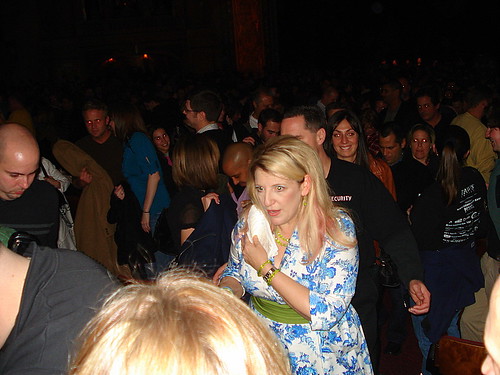
2. **Lisa Lampinelli: From “Queen of Mean” to Queen of Self-Help**Lisa Lampinelli, famously known for her brash and often controversial stand-up style, announced in 2018 that she was stepping away from comedy. Her reason? A fascinating pivot to become a life coach and motivational speaker. This wasn’t a slow fade but a conscious choice to embark on a completely different professional journey, one focused on guiding and inspiring others rather than eliciting laughs with her sharp-tongued humor.
Lampinelli revealed to Vulture, “It’s not a typical path. It’s pretty weird for somebody to do this, but you know what’s funny? I said to Stern, ‘This is why I don’t think I was ever a comedian first.’” This admission provides incredible insight into her motivations. For her, comedy wasn’t an end in itself or an art form she deeply adored, but rather a tool. It was her initial way of connecting with people, a powerful conduit for communication.
Now, she’s channeling that same desire for connection through storytelling and workshops, engaging with audiences in a new and profound manner. Her candid reflection suggests that her stand-up career, while wildly successful, was a means to an end, a stepping stone on a larger path of personal and professional evolution. It’s a powerful reminder that sometimes, the journey of self-discovery leads us to unexpected and fulfilling new roles, far from where we began.

3. **Kyle Cease: Trading Punchlines for Inspiration**For those who remember Kyle Cease, his trajectory in comedy was nothing short of meteoric. He was featured in *Not Another Teen Movie*, and his *Comedy Central Presents* episode even snagged the number one spot on the 2009 Comedy Central Stand Up Showdown. He was a comedian on the rise, seemingly destined for continued success in the stand-up world. Yet, he chose a different path, leaving his rapidly ascending career behind.
Cease made a significant shift, stepping away from comedy to become a motivational speaker and a *New York Times* best-selling author. This wasn’t a quiet departure from a struggling career, but a conscious decision to transition from a highly visible and successful comedic platform to one centered on personal growth and empowerment. It highlights how even promising careers can be redirected by an internal call to purpose.
His story underscores that the allure of the stage isn’t always enough to keep artists tied to a single craft, especially when a more profound calling emerges. Kyle Cease’s journey exemplifies the idea that sometimes, the greatest impact a performer can have isn’t through jokes, but through direct inspiration and guidance, a change of pace that resonated deeply with his personal aspirations.
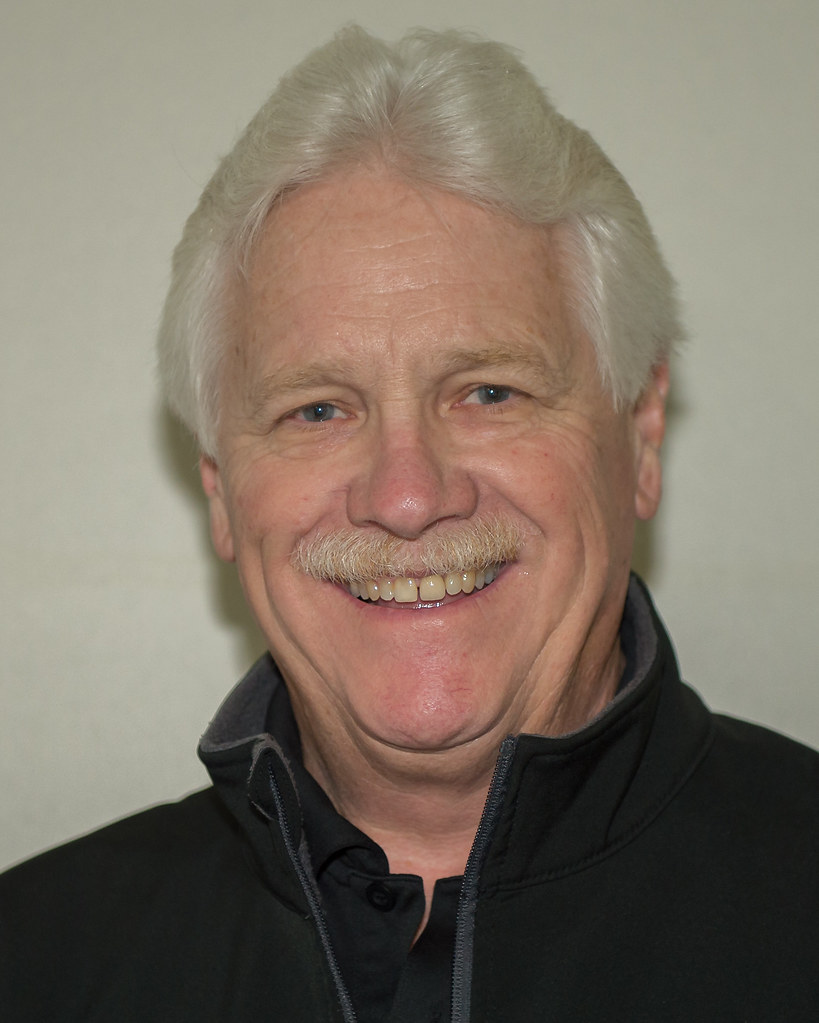
4. **Ron White: A Deserving Retirement After Decades of Laughter**Ron White, the beloved “Tater Salad” and a fixture in the comedy world, decided to retire from stand-up comedy early this year at the age of 65. Unlike some who leave due to external pressures or a shift in passion, White’s decision appears to be a classic case of knowing when it’s time to call it a day after a long and illustrious career. After 37 years on stage, he simply felt it was the right moment to step back.
He conveyed his peaceful acceptance of this transition to the *Atlanta Journal Constitution*, stating, “I’ve been doing this 37 years. I’ve loved the whole ride. I just feel like it’s time to put it down. I have a big year coming and that’ll be it. I’m in a good place in my life and comfortable with my decision.” This quote perfectly encapsulates the grace and contentment of a comedian who feels he has given his all to the craft.
White’s retirement wasn’t a sudden, dramatic exit, but rather a well-considered conclusion to a magnificent journey. It serves as a reminder that for many comedians, the decision to stop isn’t always about a problem, but about achieving a sense of completion and satisfaction. Thank you for your service, Ron, indeed – for the countless laughs and the genuine connection he fostered with his audience over nearly four decades.
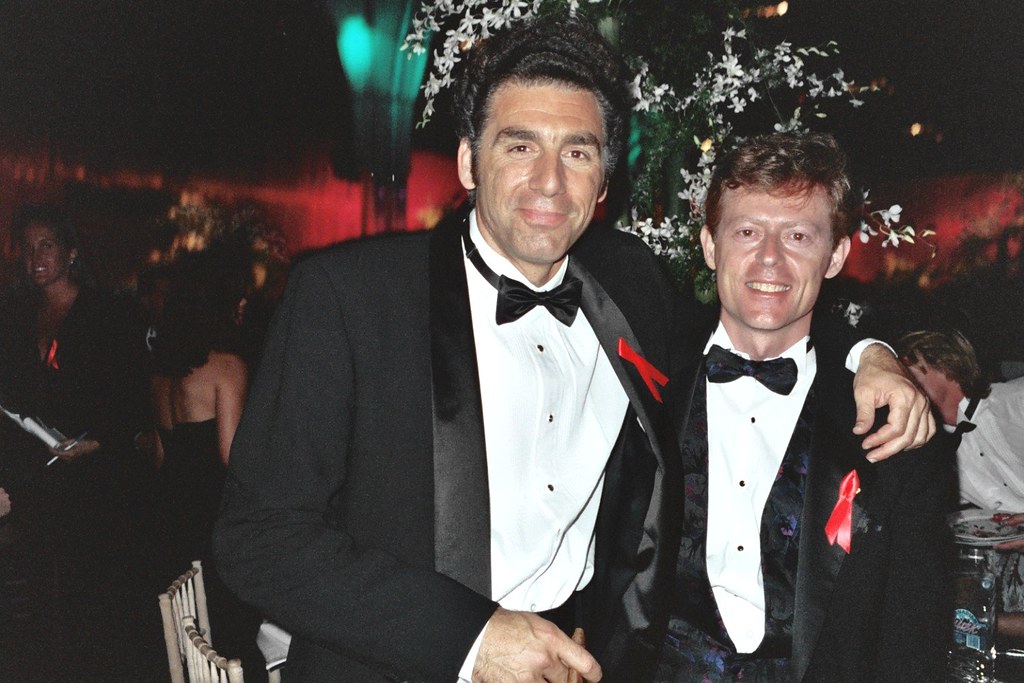
5. **Michael Richards: The Fallout from a Fateful Night**The name Michael Richards immediately brings to mind Kramer from “Seinfeld,” an iconic character loved for his physical comedy and eccentricities. However, Richards’ stand-up career came to an abrupt and unfortunate halt after a racially motivated outburst at The Laugh Factory. This incident, caught on camera, became a pivotal and devastating moment, leading him to immediately back out of stand-up.
The aftermath of the blow-up left a deep impact on Richards himself. Despite legendary comedian Jerry Seinfeld’s insistence on *Comedians In Cars Getting Coffee* that Richards should return to the clubs, Richards expressed that he didn’t feel he deserved to go back. This profound sense of remorse and unworthiness became a significant barrier, suggesting a deeper personal struggle with the consequences of his actions.
His story is a stark reminder of the immense pressure and scrutiny comedians face, and how a single, regrettable moment can overshadow a career and lead to a permanent departure from the stage. For Michael Richards, the decision to quit stand-up wasn’t about seeking new opportunities or artistic fulfillment, but a direct consequence of an incident that changed his perception of himself and his place in the comedic landscape.
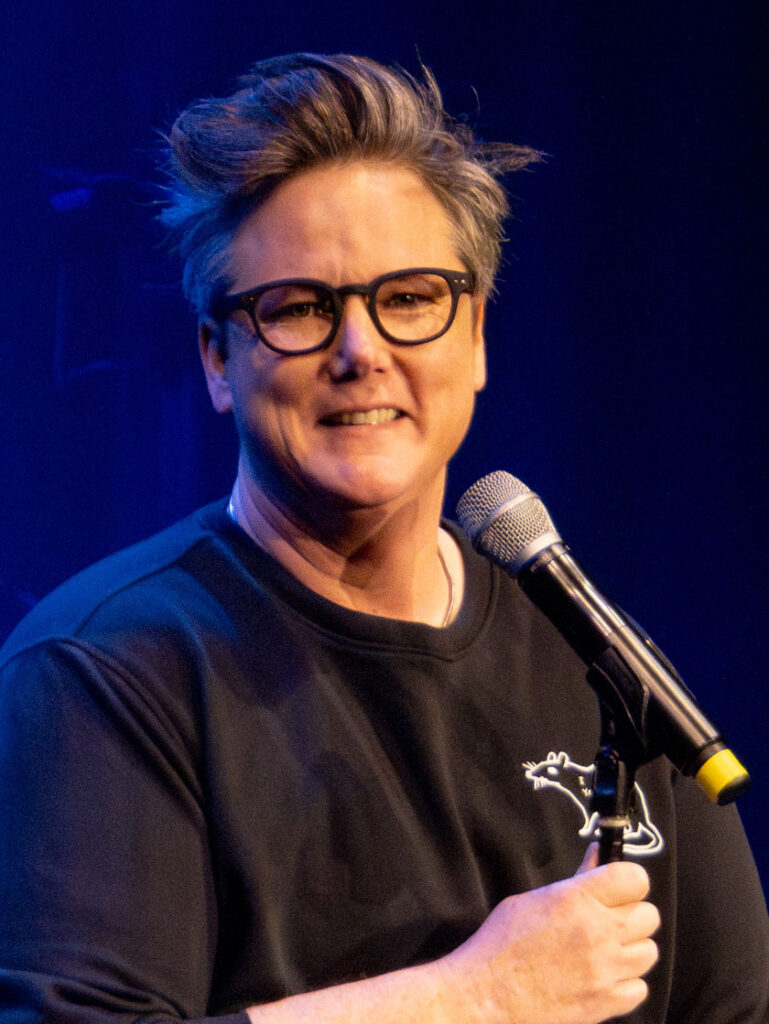
6. **Hannah Gadsby: Deconstructing Duty, Then Redefining It**Hannah Gadsby, the Australian comedian who exploded onto the global scene with her groundbreaking special “Nanette,” initially announced in 2017 her intention to end her comedy career after its run. Her stated reason was a powerful critique of the very art form she practiced. Gadsby told *The Guardian*, “I don’t think comedy is a very sophisticated form.” She felt constrained by the “obligation to get that laugh.”
For Gadsby, the pursuit of laughter often meant sacrificing the full truth of a story, forcing her to “cull” essential parts of her narrative for the sake of a punchline. This internal conflict between humor and authenticity became a central theme of “Nanette,” a show that deliberately deconstructed the traditional comedic structure and her role within it. Her intention was to exit a form she felt limited her ability to express deeper, more complex truths.
However, as fate would have it, “Nanette” went on to win numerous awards and critical acclaim, becoming a Netflix sensation. This unexpected success led Gadsby to famously “rescind everything she had said” and return with another special, “Douglas,” in 2020. It humorously suggests that perhaps “a fat check and awards can make you learn comedy is sophisticated again,” highlighting the complex interplay of artistic principle, validation, and commercial success.
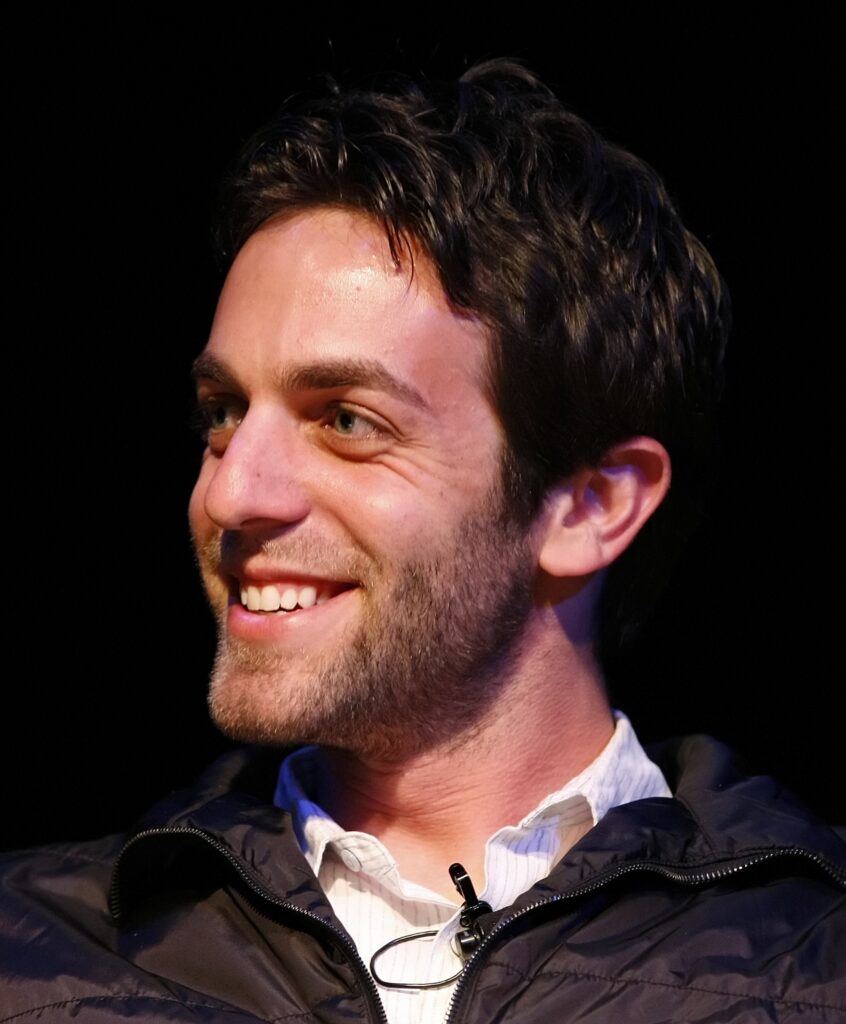
7. **B.J. Novak: From Stand-Up Stages to “The Office” Cubicles**B.J. Novak, widely recognized for his role as Ryan Howard on “The Office,” actually had an accomplished stand-up career before he became a beloved fixture of the Dunder Mifflin paper company. He toured extensively and even made an appearance on Conan in 2004, showcasing his talent for crafting clever one-liners that captivated audiences and, crucially, a key industry figure.
His transition from stand-up to television was a direct result of his comedic prowess. Novak shared with NPR, “I was doing standup at the Hollywood Improv, and Greg Daniels, who created the show, saw me perform and I was doing one-liners, essentially, and pausing between the jokes.” It was his unique style and sharp wit that caught Daniels’ attention, particularly a joke about having a double major in psychology and reverse psychology.
This story is a perfect example of how sometimes, “quitting” stand-up isn’t a failure but a stepping stone to an even bigger opportunity. Novak’s skill set, honed on the stand-up stage, translated seamlessly into the world of television writing and acting, allowing him to pursue a different, yet equally impactful, creative path. His journey reminds us that talent can open many doors, even if it means leaving one passion temporarily for another.
Diving deeper into the varied motivations of 8 more influential comedians, including legendary figures like Steve Martin and Dave Chappelle, we’re uncovering emotional incidents, artistic evolution, and the pursuit of new dreams beyond the stand-up stage. Get ready to explore even more fascinating reasons why these masters of mirth decided to hang up their mics!
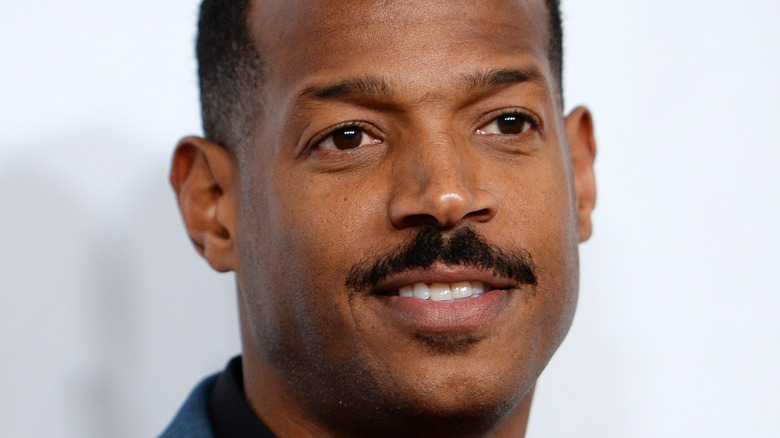
8. **Marlon Wayans: The Heckler’s Sting**Imagine being so good at what you do, so deeply immersed in your craft, that a single, sharp comment from the audience can send you reeling for two decades. That’s exactly what happened to Marlon Wayans, the multifaceted comedian and actor known for his roles in everything from ‘Scary Movie’ to ‘White Chicks,’ who shared a truly surprising reason for his two-decade hiatus from stand-up comedy. It wasn’t burnout or a desire to focus solely on film; it was the sting of a fellow comedic legend, Chris Rock.
Wayans recounted to Jimmy Fallon that he was on stage, still “trying to find it,” a relatable moment for any comic trying to hit their stride. Then, from the darkness, came Chris Rock’s distinct voice, with an “evil laugh” and piercing questions like, “How about some jokes?” and “How about being funny?” It was a moment that, for Wayans, became a profound turning point, seemingly derailing his stand-up ambitions for a very, very long time.
This incident truly highlights how even the thickest skin in comedy can be vulnerable to a cutting remark, especially from a respected peer. It’s a testament to the brutal honesty of the comedy world, where validation can be fleeting and criticism can hit hard. Luckily, the bug never truly left Marlon, and he has since returned to the stand-up stage, proving that sometimes even the most painful lessons can eventually lead to a powerful comeback.
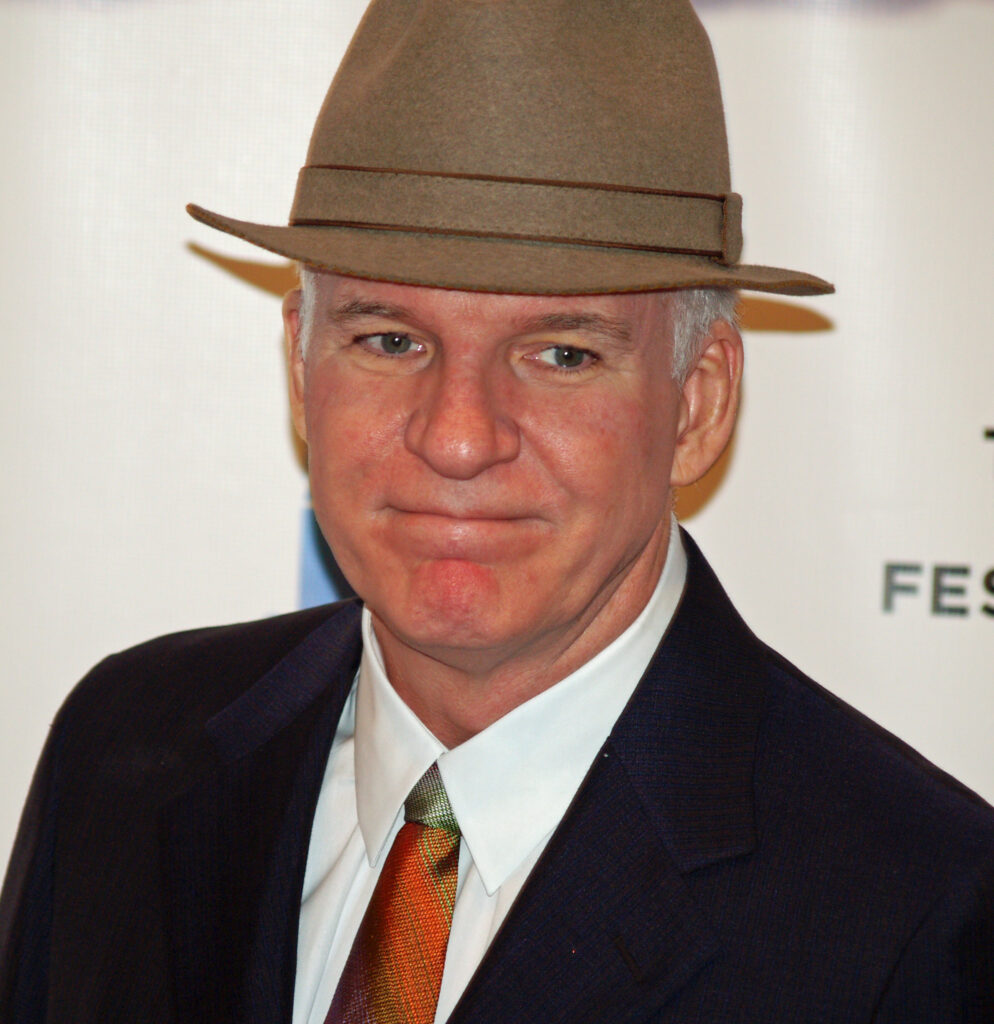
9. **Steve Martin: Artistic Evolution Beyond the Punchline**When you think of Steve Martin, you picture a comedic genius, an actor, a musician, and an author—a true renaissance man. But before all of that, he was a stand-up phenomenon, filling arenas with his groundbreaking, absurdist act. What many might not realize is that Martin made a deliberate choice to leave the stand-up scene at the absolute zenith of his career, around 1981, not because he failed, but because he felt he had artistically completed his mission.
Martin explained his reasoning to Terry Gross, stating that his act, beyond the jokes and bits, was essentially “conceptual.” Once the audience understood the concept, he felt there was “nothing more to develop.” This wasn’t a slow fade; it was a conscious, principled decision to step away while still at the top, a move few artists have the courage to make.
He famously compared it to “painting the same blank canvas over and over.” For Martin, artistic stagnation was a far greater threat than leaving the adulation of millions. His departure wasn’t about seeking greener pastures due to lack of success, but rather a profound commitment to artistic evolution, a desire to explore new forms of expression without being confined to a single, albeit highly successful, mold.
This decision allowed him to transition into an incredibly successful career in film, writing, and music, proving that sometimes, truly innovative artists must break free from what made them famous to continue their creative journey. It’s a powerful lesson in knowing when to move on for the sake of your art and your soul.
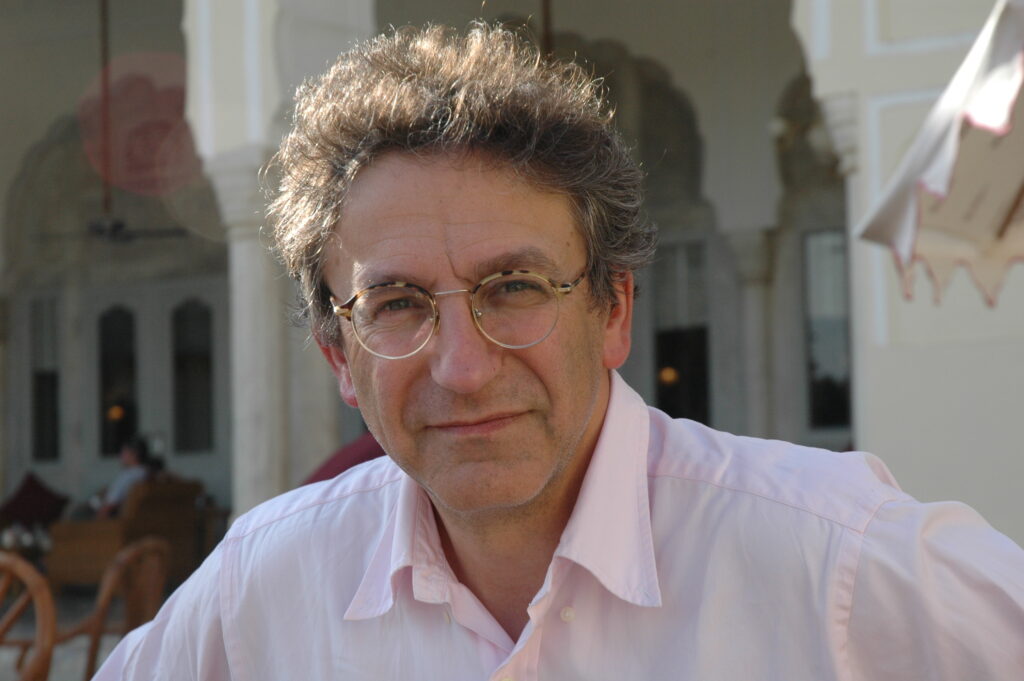
10. **The Amazing Johnathan: A Battle with Health and a Final Ride**The comedy world has always been a place for unique voices, and few were as distinct as The Amazing Johnathan, a one-of-a-kind comedy magician known for his bizarre, often gross-out, and always unpredictable performances. But even with a career “rocketing toward the top” with Comedy Central specials and ‘Letterman’ appearances in the 90s, he stepped away from the stage due to deeply personal struggles with a drug problem and depression.
This initial hiatus, unfortunately, was followed by an even more devastating blow: a diagnosis of a heart problem that gave him a grim prognosis of just a year to live. This made his magic acts difficult, as his joints would lock up, adding a physical challenge to his already complex personal battles. It was a heart-wrenching situation for a performer who thrived on physical showmanship.
However, in a testament to the indomitable spirit of a true showman, The Amazing Johnathan decided to return to stand-up for one final ride, embracing his terminal illness with dark humor and a renewed connection to his audience. His poignant journey and comeback were beautifully captured in the documentary ‘Always Amazing,’ by fellow comedian and friend Steve Byrne.
His story is a powerful reminder of the resilience of the human spirit and the profound, almost therapeutic, connection many comedians have with the stage. Even in the face of his own mortality, Johnathan found a way to share his truth and his humor, leaving an indelible mark on the comedy landscape before his passing in 2022.
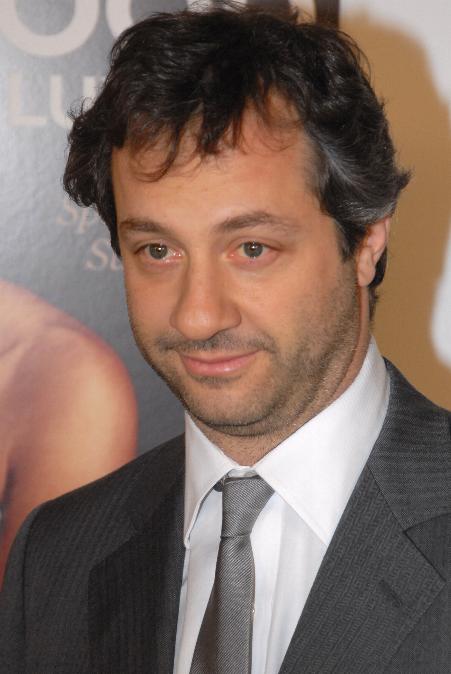
11. **Judd Apatow: From Mic to Mogul, Then Back Again**Judd Apatow is a name synonymous with some of the most beloved comedies of the last few decades, whether he’s writing, directing, or producing. But before he became the Hollywood heavyweight we know today, Apatow was a stand-up comedian himself, starting seriously at the tender age of 17. He trained his comedic ear early, even interviewing comedians for his high school radio show, demonstrating a lifelong passion for the craft.
Despite his early start and immersion in the comedy scene, Apatow decided to call it quits on stand-up at 24. He admitted that he felt his strength lay more in writing and other creative endeavors, believing he wasn’t destined to “reinvent what comedy is” like a Steven Wright or Emo Phillips. It was a pragmatic decision, recognizing where his greatest talents and impact truly lay, leading him down a path that would reshape modern comedy through film and television.
However, the story doesn’t end there! In a heartwarming twist, Apatow returned to stand-up two decades later. He revealed to Ira Glass that he aimed to fulfill his original dream and find a break from the relentless grind of movie writing. This time, he found new inspiration, stating, “I am annoyed with things and I have stories and I have positions. So it’s really fun because it’s like being put in a forced coma for a while and then waking up and you have more tools to do something.”
His return is a beautiful example of how life experience, accumulated over years, can provide a rich new well of material and a stronger, more defined voice. It shows that sometimes, stepping away isn’t about giving up, but about growing, only to return to a passion with renewed purpose and deeper insights.
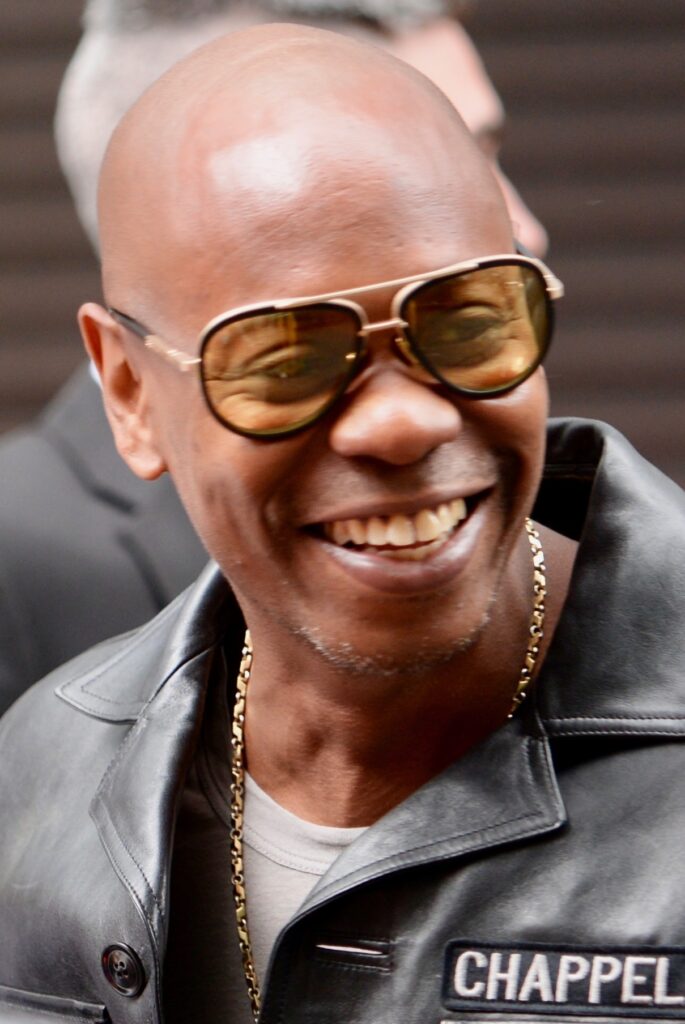
12. **Dave Chappelle: The Weight of Fame and Seeking Solitude**Dave Chappelle, a name that evokes legendary status in the comedy world, famously left the public eye and his massively successful ‘Chappelle’s Show’ in 2005. His departure was dramatic and unexpected, fueled by a couple of incidents that profoundly made him reconsider his life and career trajectory. It wasn’t just creative differences; it was a deeper struggle with the pressures of fame and artistic integrity.
One pivotal moment occurred during a stand-up performance to a 4,000-person audience. The crowd, perhaps overzealous with their love for his TV show, wouldn’t stop interrupting his set with shouts and references to the program. Chappelle, in a raw display of frustration, stormed off stage. When he returned, he made a powerful statement about the blurring lines between reality and entertainment: “People can’t distinguish between what’s real and fake. This ain’t a TV show. You’re not watching Comedy Central. I’m real up here talking.”
Adding to the pressure cooker, Chappelle recounted an incident where a crew member laughed in a way he perceived as “wrong” during a racial sketch that had him in blackface. This moment, for Chappelle, was the final straw, highlighting a profound discomfort with the way his art was being received and interpreted. He famously fled to South Africa, a dramatic move to escape the overwhelming demands and expectations of Hollywood.
His hiatus was significant, marking nearly eight years before he returned to stand-up with a 15-city tour in 2013. Chappelle’s journey underscores the immense mental and emotional toll that navigating fame, artistic authenticity, and societal expectations can take on even the most acclaimed comedians. Sometimes, the only way to find your true voice again is to step entirely away from the noise.
Read more about: The Unseen Sacrifices: Why Hollywood’s Brightest Stars Choose to Retreat from the Spotlight
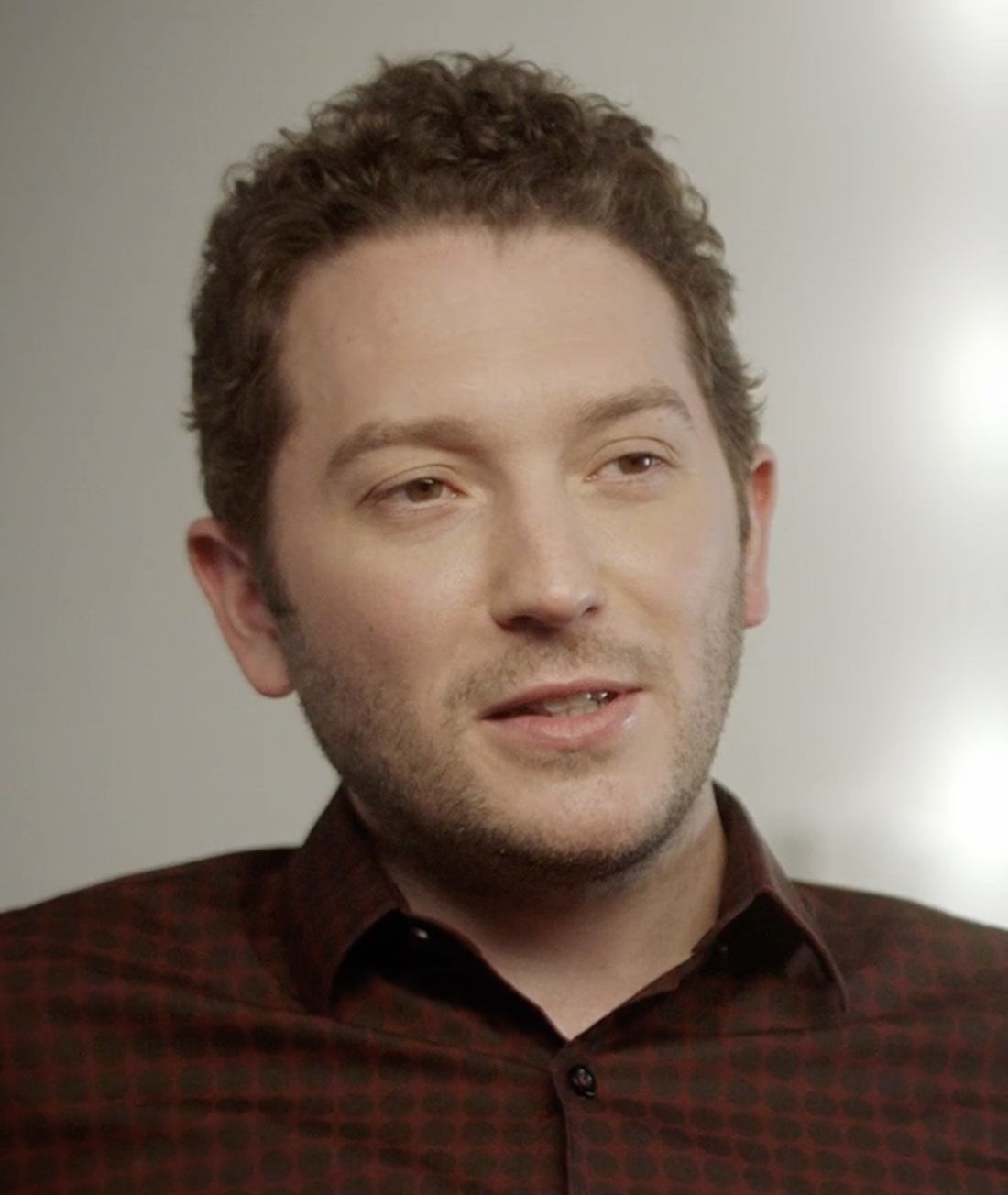
13. **Jon Richardson: From Mic to Chalkboard**Jon Richardson, a familiar face on British television and a well-loved comedian, recently made headlines with his announcement that he’s quitting stand-up comedy. This news, delivered directly to his fans, came after an extended break from the stage, during which he gained clarity on his future path. It’s a relatable story of re-evaluation and the courage to pursue a different kind of fulfillment.
In an Instagram update, Jon explained that his time away from the limelight made him realize he simply wanted to “carry on taking a break from stand-up.” This wasn’t a sudden whim but a considered decision, perhaps born from the quieter moments of his hiatus. It speaks to a common sentiment: sometimes, you don’t realize how much you need a change until you’ve had a taste of it.
What makes Jon’s decision particularly charming is his revelation of a diary entry from 1997. As a 14-year-old, he had written, “although I would love to be a stand-up comedian, I’ll probably end up being a teacher.” Now, decades later, he’s embracing that alternative path, stating, “I’ve loved being a comedian, it was absolutely the right choice. But I’ve decided it would’ve been nice to try the other option, so that’s exactly what I’m gonna do.”
His journey beautifully illustrates that life’s paths aren’t always linear, and sometimes, the dreams we put aside as children can re-emerge as compelling new callings. For Jon, it’s a move from eliciting laughs to perhaps inspiring minds, a career change that many can deeply understand and admire.

14. **Rob Beckett: Prioritizing Family Over Touring**Rob Beckett, another incredibly popular UK comedian and TV personality, has also announced a significant shift in his career by quitting stand-up touring after his upcoming shows. This decision comes shortly after he also stepped down from his radio show, signaling a clear intention to rebalance his professional and personal life. It’s a move that resonates with many who grapple with the demands of a high-profile career and family commitments.
His primary motivation is wonderfully heartwarming: he wants to prioritize spending time with his kids. For a touring comedian, life on the road means long stretches away from home, a sacrifice that Rob has clearly weighed against the joy of being present for his children’s formative years. It’s a powerful choice that underscores the evolving values of modern performers.
Beckett clarified to The Sun that he’s not entirely abandoning stand-up; he’ll still perform at local clubs and charity gigs. However, he plans to take a break from extensive tours “until the kids are 16/17.” This isn’t a permanent retirement from comedy, but a deliberate, temporary pivot to focus on what matters most during a crucial period of his family’s life.
Rob’s decision reflects a growing trend among public figures who are openly choosing family well-being over the relentless demands of constant touring and media commitments. It’s a refreshing perspective that shows success isn’t just measured by sold-out arenas, but also by the quality of life enjoyed outside the spotlight.
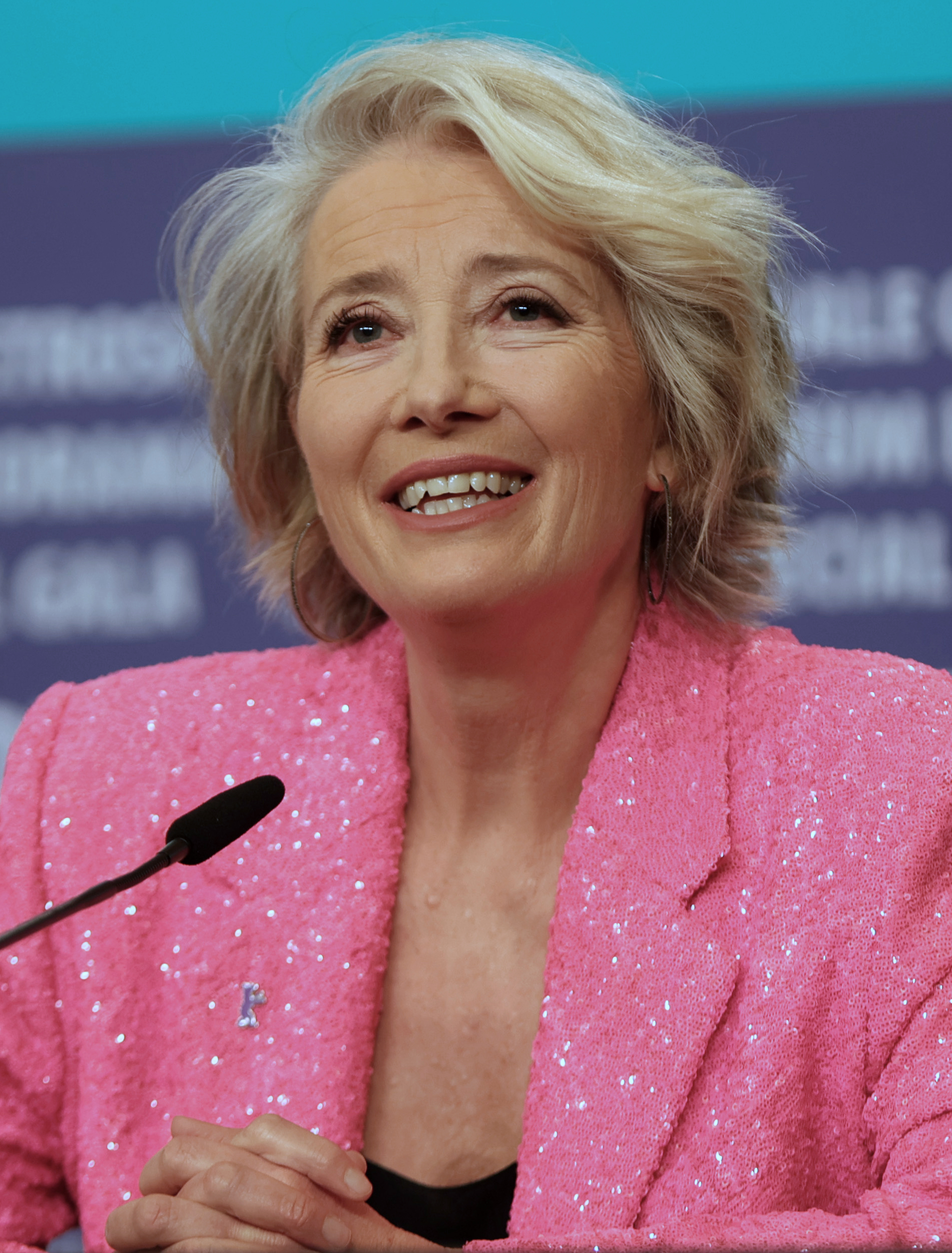
15. **Emma Thompson: The Terror of the Stage**It might come as a surprise to many, but before she became the Oscar-winning, beloved Hollywood actress we all adore, Emma Thompson actually cut her teeth in the unforgiving world of stand-up comedy. Yes, that’s right – the elegant star of ‘Sense and Sensibility’ and ‘Love Actually’ once faced audiences with a microphone in hand! However, her tenure on the stand-up stage was, by her own admission, a terrifying experience.
Thompson famously revealed to Vogue that she found gigs “terrified her” and that she “wisely gave up comedy” to focus on acting. This wasn’t a casual preference; it was a profound reaction to the sheer pressure of live comedy. It just goes to show that even the most talented and confident individuals can find certain performance environments incredibly daunting.
She described her fear with a vivid, unforgettable analogy: “I see a vision of myself onstage with a microphone and the cartoon mouse Jerry below sawing through the stage around me. The mouse saws and saws and only stops if I get a laugh. If I get a laugh, the world changes. I get to live.” This powerful imagery perfectly captures the immense, almost existential, pressure that a stand-up comedian feels with every joke, every pause, every expectation of a laugh.
Emma Thompson’s story is a compelling reminder that the stage isn’t for everyone, and the unique demands of stand-up require a specific kind of bravery that might not translate to other forms of performance. Her wise pivot to acting allowed her to flourish in an environment that better suited her artistic temperament, proving that knowing when to walk away from one challenge can lead you directly to where you’re meant to shine.
So there you have it – 15 incredible stories from comedians who dared to step away from the stand-up mic, each for reasons as unique and varied as their comedic styles. From battling ‘cancel culture’ and personal demons to embracing new passions like motivational speaking or teaching, these journeys show us that the life of a comedian is far from a simple pursuit of laughter. Sometimes, the biggest punchline is the one you never see coming, when a performer decides to rewrite their own script and redefine success on their own terms. Whether they returned, found new callings, or simply sought peace, their decisions offer a fascinating glimpse into the human side of comedy, reminding us that even the funniest people are navigating complex lives, just like the rest of us. They might have ‘quit while they were ahead,’ but in many cases, they were just getting started on their next amazing act!”
, “_words_section2”: “1940


